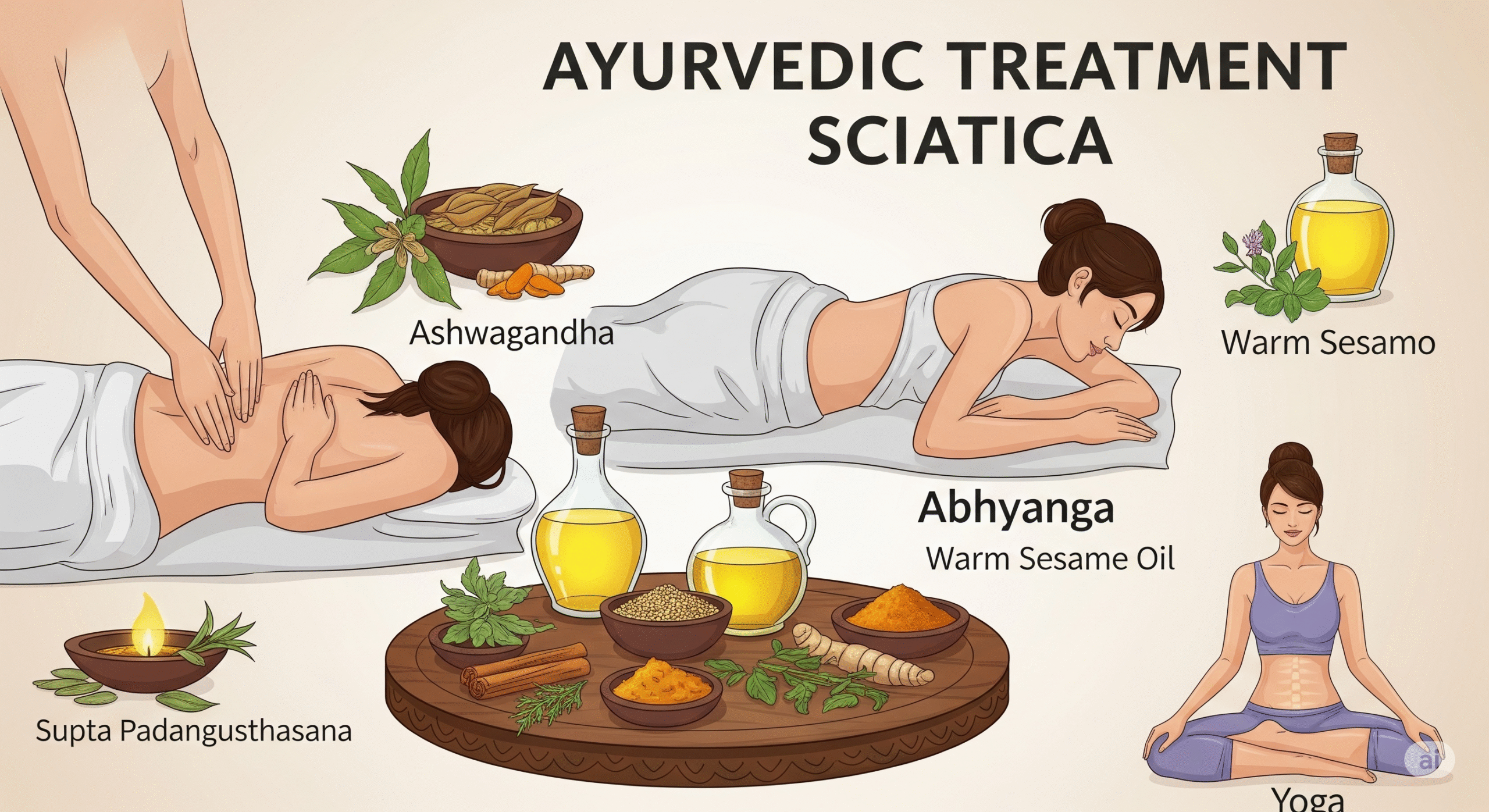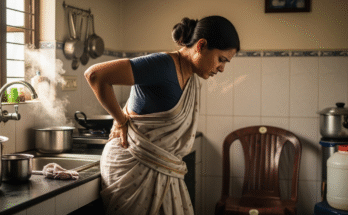Jaundice, known as Piliya in Hindi, is a medical condition that affects many people and is often identified by the yellowing of the skin, eyes, and urine. This condition can be distressing, but with proper understanding and care, it can be managed effectively. In this blog, we’ll explore the causes, symptoms, and some traditional natural remedies to help alleviate jaundice and support recovery.
What Is Jaundice (Piliya)?
Jaundice occurs when there is an excess of bilirubin, a yellow pigment, in the blood. This happens due to the liver’s inability to process bilirubin effectively, often because of improper blood formation or liver dysfunction. Bilirubin is a byproduct of the breakdown of red blood cells, and when the liver cannot filter it properly, it accumulates in the body, leading to the characteristic yellowing associated with jaundice. Common causes include liver diseases (like hepatitis), blocked bile ducts, or excessive breakdown of red blood cells.
While medical treatment is essential for addressing the underlying cause, natural remedies can complement conventional care by supporting liver function and overall health.
Symptoms of Jaundice
Jaundice manifests through several noticeable symptoms, which can help in early identification and treatment. Key symptoms include:
- Yellowing of the Body: The most prominent sign is a yellowish tint in the skin, starting with the eyes (whites of the eyes turn yellow first), followed by the skin and urine.
- Loss of Appetite: A lack of hunger or aversion to food is common, often accompanied by nausea or vomiting at the sight of food.
- Bitter Taste in Mouth: The mouth may taste bitter, affecting the overall eating experience.
- Slow Pulse Rate: The pulse may become slower than usual, indicating a systemic impact on the body.
- Other Symptoms: Fatigue, weakness, and abdominal discomfort may also be present.
If you notice these symptoms, especially persistent yellowing of the eyes or skin, consult a healthcare professional immediately for a proper diagnosis and to rule out serious underlying conditions.
Natural Remedies for Jaundice Relief
Traditional remedies can help support liver function, reduce bilirubin levels, and alleviate symptoms of jaundice. Below are three natural remedies rooted in Ayurvedic practices that may offer relief:
1. Giloy Powder with Water
Giloy (Tinospora cordifolia) is a well-known herb in Ayurveda for its detoxifying and immune-boosting properties. It can help support liver health and reduce jaundice symptoms.
- Take 1 teaspoon of giloy powder.
- Mix it with plain water and consume twice daily—once in the morning and once in the evening.
- This remedy may help detoxify the liver and improve overall digestion.
2. Triphala Kadha with Mishri and Ghee
Triphala, a blend of three fruits (amla, haritaki, and bibhitaki), is excellent for digestive health and liver support. When combined with mishri (rock sugar) and ghee, it becomes a soothing remedy.
- Prepare a kadha (decoction) by boiling 1 teaspoon of triphala powder in water until it reduces to half.
- Add a small amount of mishri and a teaspoon of ghee to the kadha.
- Drink this mixture daily to support liver detoxification and reduce jaundice symptoms.
3. Dry Ginger (Sonth) Powder with Honey
Dry ginger, or sonth, is known for its anti-inflammatory and digestive properties, which can help stimulate appetite and reduce nausea in jaundice patients.
- Mix 10 grams of sonth powder with a teaspoon of honey.
- Consume this mixture twice daily—morning and evening.
- This remedy may help improve digestion, reduce nausea, and support liver function.
Additional Tips for Managing Jaundice
In addition to these remedies, adopting certain lifestyle changes can aid in recovery from jaundice:
- Stay Hydrated: Drink plenty of water to help flush out toxins and support liver function.
- Eat a Light Diet: Opt for easily digestible foods like boiled vegetables, rice, and soups. Avoid oily, spicy, or heavy foods that can strain the liver.
- Avoid Alcohol and Toxins: Alcohol and processed foods can further damage the liver, so avoid them completely during recovery.
- Rest Well: Give your body ample rest to support healing and reduce fatigue.
- Consult a Doctor: Jaundice can be a symptom of serious conditions like hepatitis or liver damage, so always seek medical advice for proper diagnosis and treatment.
Conclusion
Jaundice, or Piliya, can be a concerning condition due to its visible symptoms like yellowing of the skin and eyes, loss of appetite, and nausea. However, with early identification, medical care, and the support of natural remedies like giloy powder, triphala kadha, and sonth with honey, you can manage symptoms and aid recovery. Always consult a healthcare professional to address the underlying cause and ensure a safe healing process.
By combining these traditional remedies with a healthy lifestyle, you can support your liver’s recovery and regain your health.
Disclaimer: The remedies mentioned in this blog are based on traditional practices and may not be suitable for everyone. Always consult a healthcare provider before trying new treatments, especially if you have underlying health conditions or are taking medications.




